USITT's newest series is here! Tour Diaries: Tales from the Road allows those working in the touring sector of the live entertainment industry to give a first-person narrative of their life on the road, interesting experiences, the ups and downs, tips and tricks, and the wisdom they've gathered along the way.
These blog-style entries will feature anyone and everyone who has touring experience from lighting designers and riggers, to stage managers and automation technicians. If you or someone you know has worked in the touring sector of the live entertainment industry and would like to journal some of your experiences to be featured, email USITT's content specialist Jenn Shuron for more information.
Meet Nick Voight, a stage manager whose journey began at Minnesota State University and has spread globally with tours such as Motown the Musical, The Polar Express ride, Cinderella, and more!
By: Nick L. Voight, stage manager
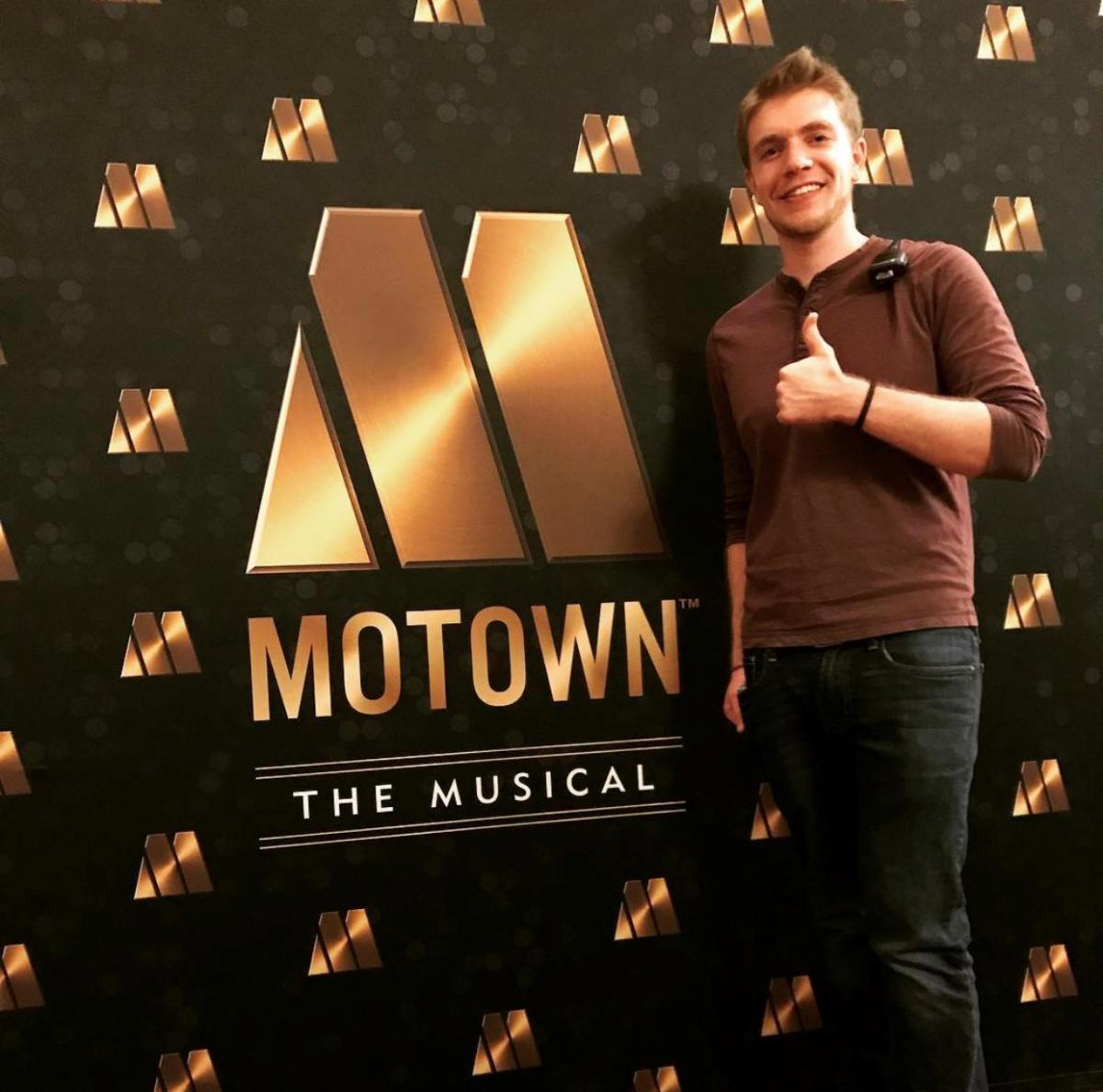
MY BACKGROUND
My stage management journey began at Minnesota State University, Mankato. Even though we did not have an official stage management program, we learned by doing. With 17 shows a year, there was always an opportunity to be working on a production of something.
During my junior year of college, I traveled to New York City to interview for the Late Show with David Letterman summer internship program. While I was in the city, I had the opportunity to meet and shadow the Lion King stage management team. After shadowing, they asked if I was free later that summer to come back and be their intern for the summer!
Soon after graduating college, I started a 9-month stage management apprenticeship at Riverside Theatre in Vero Beach Florida. The stage managers and I got along so well that they brought me along to their summer job at Maine State Music Theatre.
Fast forward one year where I had the opportunity to be the assistant stage manager on The Golden Horseshoe’s Tour of West Virginia, open The Polar Express Train Ride in New Orleans, LA, production stage manage two shows in Rep at the Quintessence Theatre in Philadelphia, and production stage managed the summer stock season at Wagon Wheel Center for the Arts before making my way into the Broadway touring world.
I started as the assistant stage manager of The Motown national tour. Towards the end of the tour, I had the opportunity to take on the PSM role of the Rodgers and Hammerstein’s Cinderella tour while pulling double duty as the ASM on the Motown tour. The next season, I took out Cinderella as the PSM, and after Cinderella closed, I jumped on the South Korean leg of Something Rotten! as the ASM. The next fall, I took on the PSM role of The SpongeBob Musical national tour before accepting a position on Cirque Du Soleil’s The Illusionists World Tour!
Next, I am going to speak in general about my touring experiences on the road on a standard Broadway tour.
WHAT IS A BROADWAY TOUR?
There are many different types, or “contracts,” for a Broadway tour. These contracts are all determined by show budgets and length of stay in each city. This is important for determining whether the crew is union (IATSE-International Alliance of Theatrical Stage Employees) and if the actors and stage managers will be represented by a union (Actors Equity Association).
My current background on Broadway touring will reflect my experiences working on the non-AEA tours of Motown the Musical, Rodgers and Hammerstein’s Cinderella, Something Rotten! and, The SpongeBob Musical, as well as the IATSE “S” and “M” contracts, known as a “Bus and Truck” tour since the crew travels mostly by bus.
ACCOMMODATIONS
This depends on the type of tour and your role with the show. Cast/Musicians/Company Management/ and some crew members will always stay in a hotel each night, even for shows performing just one night in a city. For Motown the Musical, and Something Rotten! I was the Assistant Stage Manager on tour. As an assistant, I was assigned a roommate in each city. For Cinderella and The SpongeBob Musical, I served as the Production Stage Manager or PSM and, per the contract, I negotiated my own room.
For the times that the tour is playing one night only in a city, the crew department heads along with the Production Stage Manager will live on a sleeper bus known as the “crew bus.” A lot of my travel on Cinderella was done on the crew bus where I would fall asleep in one city and wake up in the next. The bus becomes your home. Everyone gets their choice of bunk, usually chosen by seniority. My personal favorite is the middle bunk in back on the driver’s side. The crew bus travels through the night bringing the crew and the PSM from the stage door in one city, to the stage door of the next.
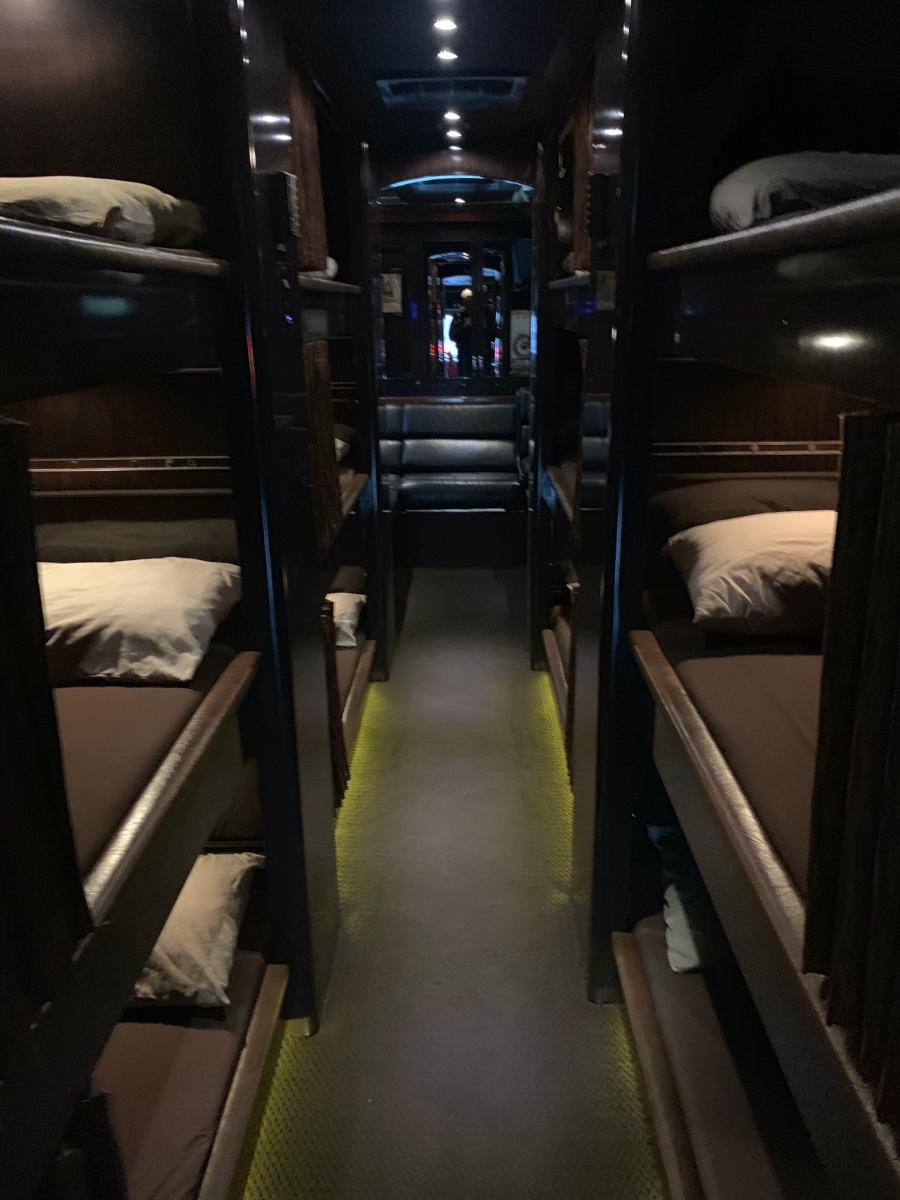
LOAD IN
This is the process of taking everything off the trucks and setting everything up for the show with the help of about 50 local stagehands. The start time is bright and early, usually beginning at 7am. All road crew, local crew and I (the PSM) gather at center stage to talk venue safety and introduce heads of departments. I like to attend with a note pad and write down each department head’s name.
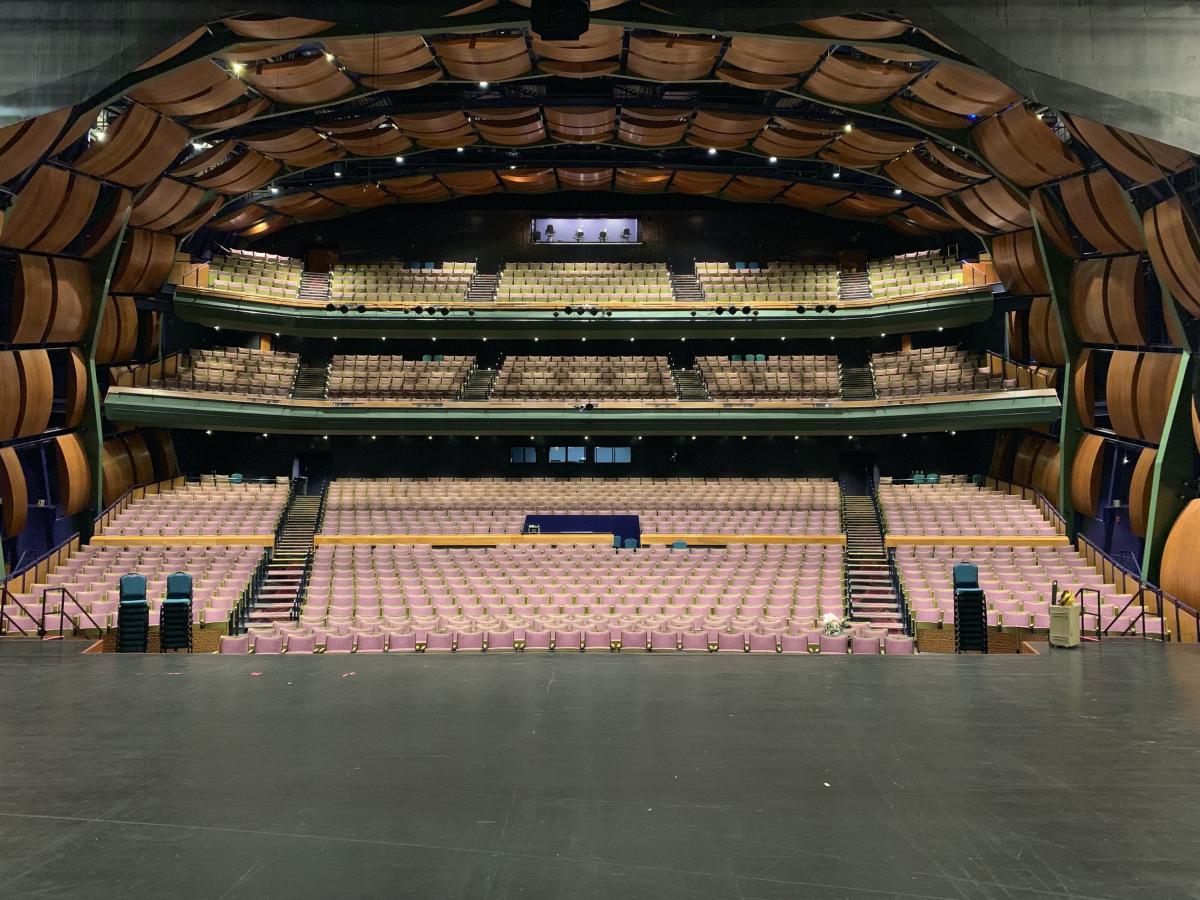
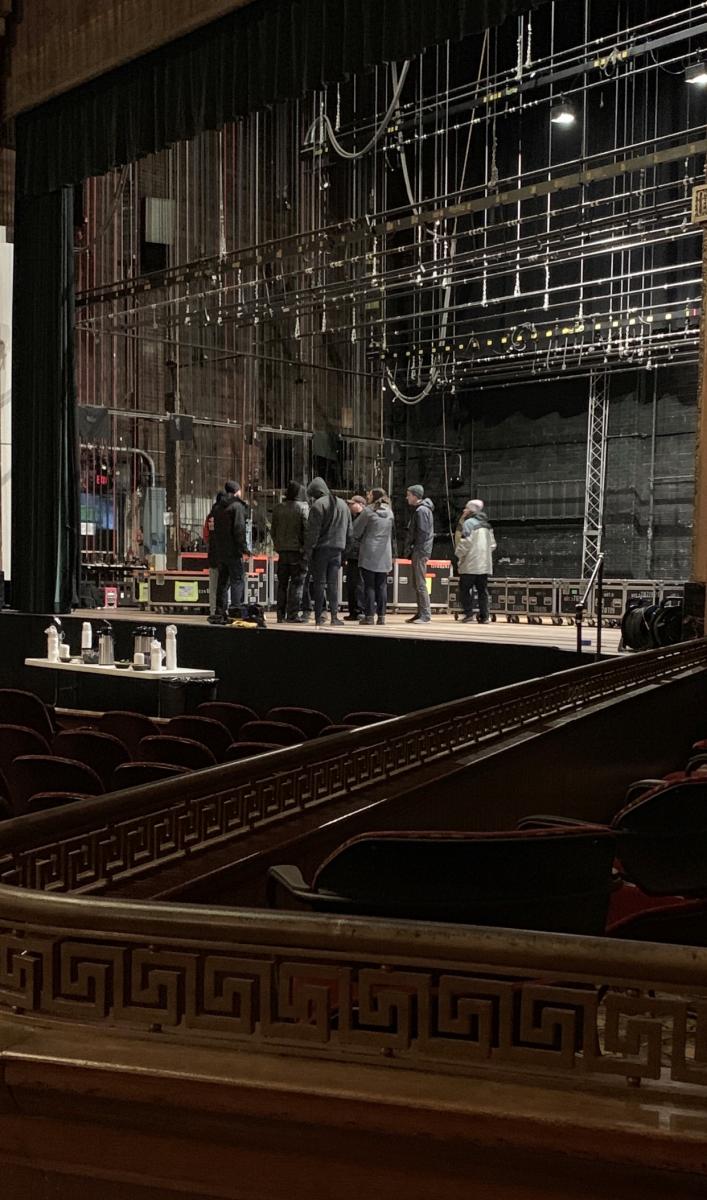
My role as a PSM during load in starts immediately after the safety meeting. The first thing I do is run around and hang up signs outside of every room in the building so the props department knows where to push each workbox/road case. This process needs to go quickly as boxes come off of the trucks very fast and they need to know where to be pushed. In order to speed this process up I reach out to each venue about 4 weeks early and, as a part of my advance, I ask for a building layout. I pre-assign the Hair, Wardrobe, Laundry, Company Management, Stage Management, Conductor, and Actor Dressing Rooms prior to arrival so all I have to do is slap up some signs.
After all rooms have been assigned, I will take my laminated list of questions and find the venue contact. I will introduce myself and then fill out my sheet of questions to include: WIFI passwords, bathroom locations, water locations, package locations, curtain speaker, prerecorded announcement, etc. After receiving all this information, I text out a quick “cheat sheet” of these answers to the crew and fill out a complete venue information sheet that I will email out to the entire company, along with a picture of the Stage Door.
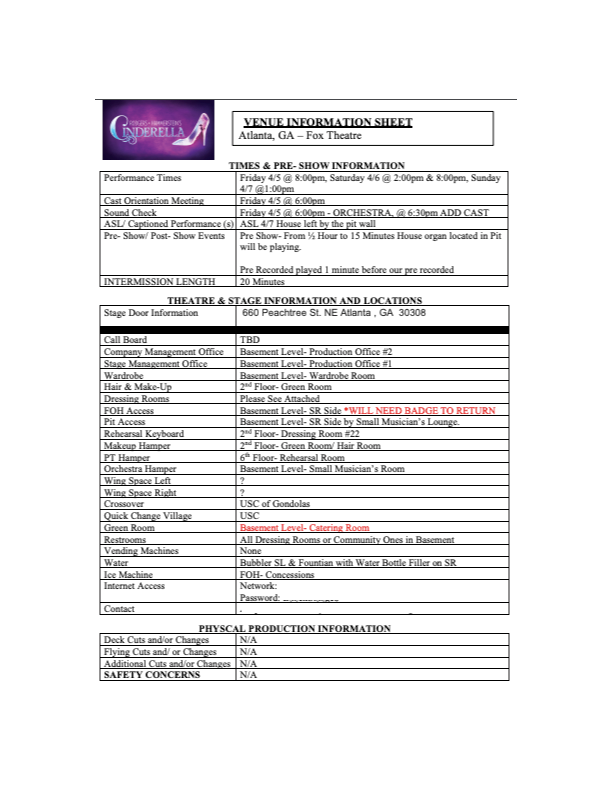
The rest of my time, up until lighting focus, is then spent looking ahead to future venues and sending out an advance to the building contacts. In these advances, I work out all the details about the show with the venue prior to our arrival so there are (hopefully) no surprises when we arrive. Things often included in an advance: What is the Wi-Fi password, usual office setup locations, is there a curtain speaker, if so do they need us to supply a microphone or spotlight? What is the best address to send packages to, and has an American Sign Language Interpreter been requested for any show just to name a few.
Lighting focus will usually occur sometime late in the afternoon. Stage Managers use paperwork called a “focus chart.” A focus chart is a piece of paper that is given to the PSM from the lighting designer that gives the specific location each conventional light should be focused. I will work with local load-in crew members around the building (in the catwalks above the stage) to get all of the conventional lights focused for the Electrics department.
Two hours before the first show in each city, the company will gather for a “company meeting.” I lead this meeting with the cast and orchestra, and we talk about the show and any changes that need to be made in each city (props/scenery being cut etc…) After the company meeting, actors will meet onstage to do a sound check with each of their microphones. When this is done, the dance captain takes over with any re-spacing work that needs to be looked at due to cuts from the show.
Then we are at ½ hour, we open the house, and flow right into the show.
FIRST NIGHT SHOW
The first show in each city is always a little nerve-racking, especially for me as the PSM. The touring road department heads are a group of about 12 people. They all make run sheets that they hand out to their locals about 30 in total, most of which have never been a part of this show in the past. Before each show, the touring department heads will talk about the sheets with their specific local crew members. These 30+ local members are a part of the Wardrobe, Hair, Lighting, Sound, Props, and Carpentry crews. The run sheets will be talked about, but no one gets a chance to run them until the moment arrives for each cue in the show.
During the show I stand at my call station backstage, staring at monitors calling the show. It’s my job as the PSM while calling the show to adapt accordingly to anything that happens out of the ordinary, and take a note so any issues can be addressed before the next performance.
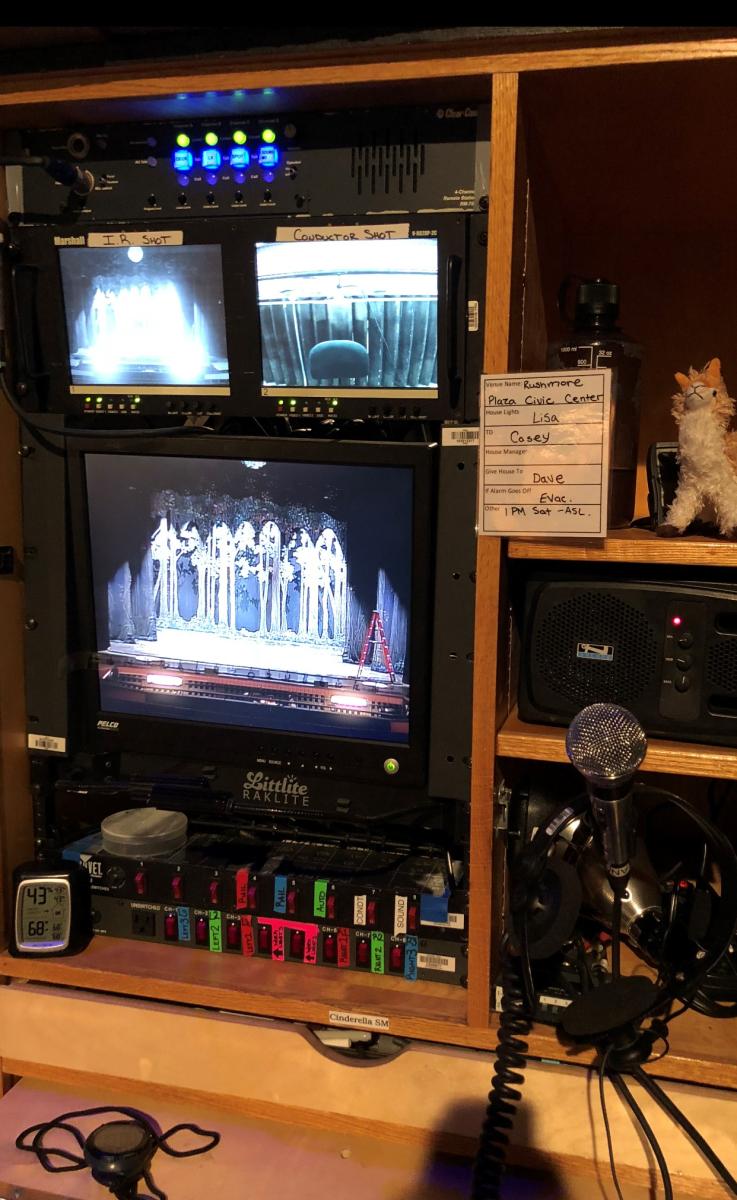
During the show, my job as the PSM also is to look after the health and safety of anyone backstage. A lot of times my call desk will double as a meeting place for cast and crew to ask questions, raise concerns, or even spill the latest gossip. I also like to place the backstage first aid/ hospitality station by my call station and I am quick to check in with anyone that grabs anything out of the kit.

LOAD OUT
Load out for a stage manager is typically quite easy. Taking down all signs, callboard, front-of-house board, first aid supplies, and packing up the workbox in the office, as well as making sure you are prepared for the next week. This all must be done before leaving the theatre.
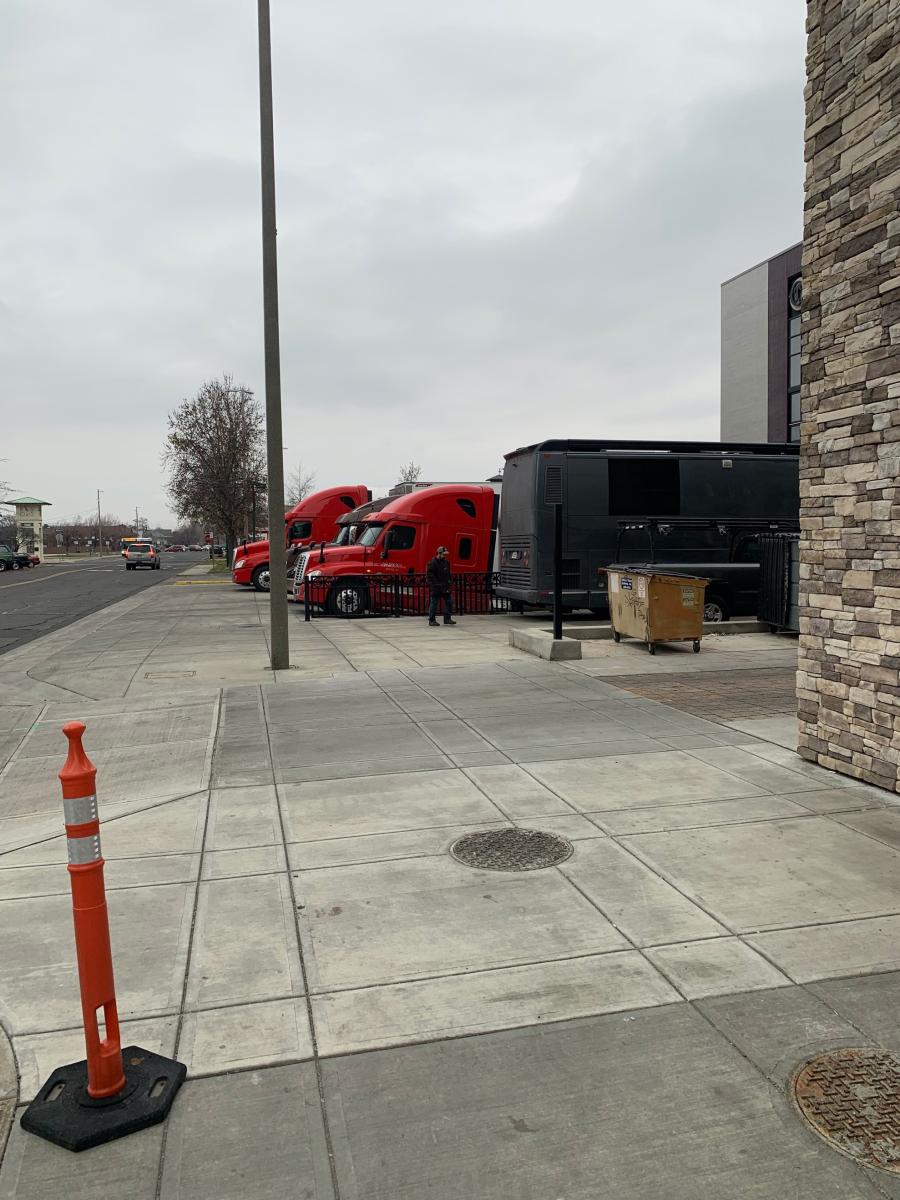
TRAVEL
Travel also depends on what type of tour you are on and how far apart the distance, or “jump”, between cities where you are performing. Most companies will fly the company to the next city if the jump is greater than 500 miles, or bus if less. One-night tours will usually have a cast/musician/company management bus and a sleeper bus for the crew and PSM.
INTERNATIONAL TOURING
Throughout my touring experiences I have had the amazing opportunities to take shows Internationally as well. For Cinderella, we were the first Broadway show to perform in Monterrey, Mexico for a week. For the musical Something Rotten!, we traveled to Seoul, South Korea for a whole month!
In order to better help with any communication problems prior to our arrival we will send all run sheets to the theatres about a month early. During this time translators will work with the run sheets to translate them into the local language to allow for the local crew to start studying/ think of any questions to ask the touring crew.
When the touring company arrives on site there is usually two translators present to assist in translating any needs. While onsite, the tour operates just as it would in the United States. The local crew will adapt to the ways of the touring show. There is always a translator on headset on the fly rail as well as another translator on headset on the deck to answer any questions that may arise.
We were fortunate and did not have any problems at either place while out of the country. When we arrived, almost everyone understood English. This was very helpful in getting the show up and running during the re-tech/ rehearsal day run through.
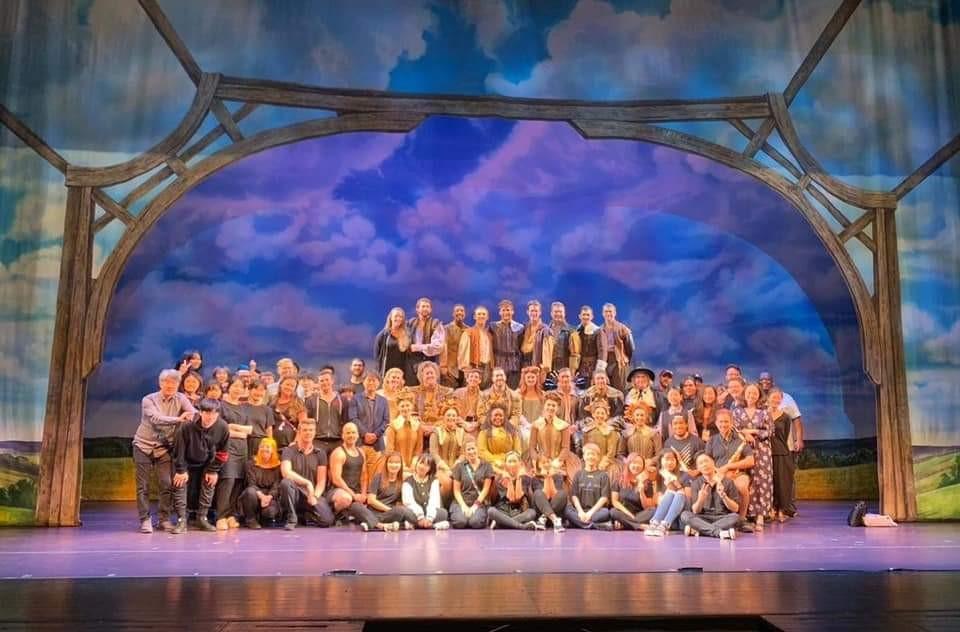
Questions
THREE THINGS TO PACK FOR YOUR FIRST TOUR
The number one thing I recommend to anyone about to start touring is packing cubes! These zippered pouches will help you stay organized on the road, and help to unpack/ repack so that you feel at home in any hotel!
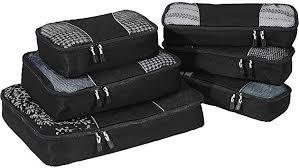
A good flashlight! I love my Fenix FX-PD35TAC, 1000 Lumen Flashlight!
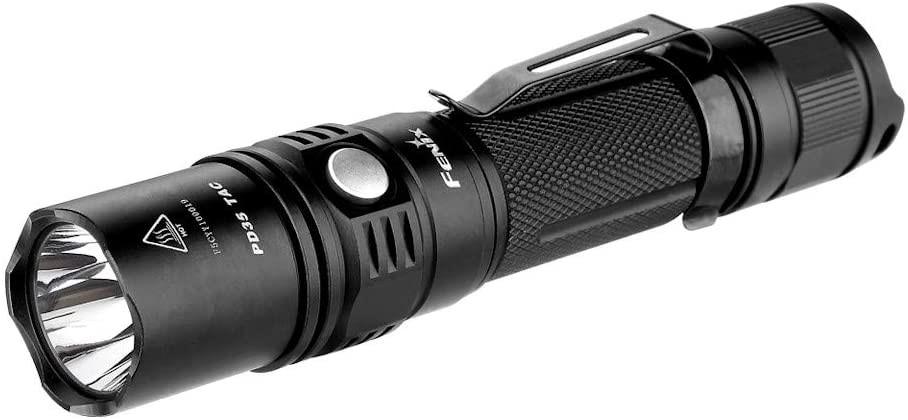
I recommend a good hard sided suitcase, or Patagonia style suitcase. After much trial and error, I have found these bags tend to hold up the best after multiple travel days with them riding under a bus or plane.
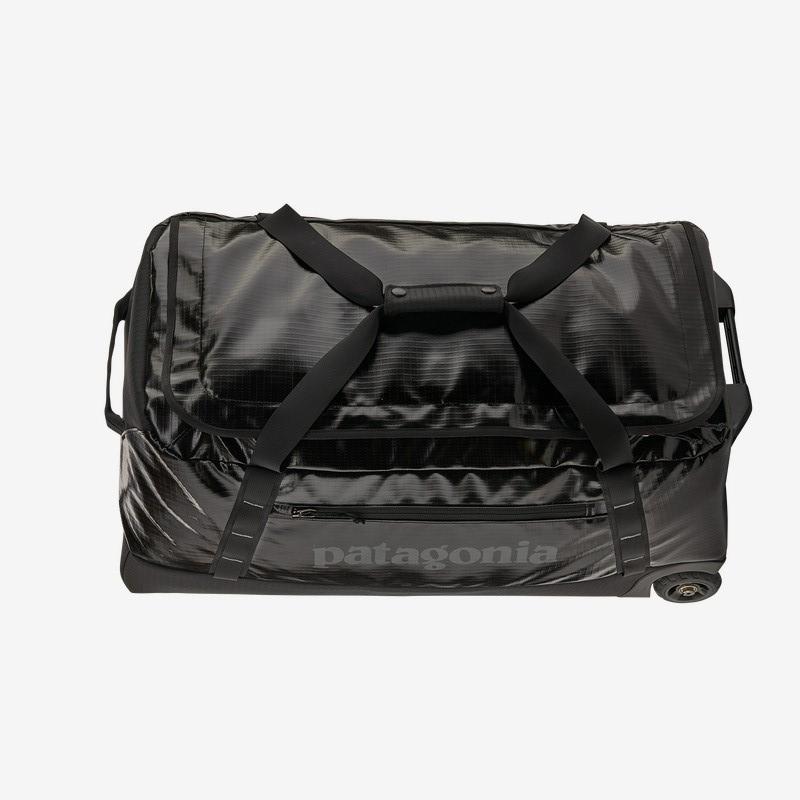
WORDS OF ADVICE
Go with the flow. On tour anything can change at a moments notice. Being able to adapt your plan on the fly will help get you far.
Remember to sign up for frequent flyer miles and hotel rewards. You will thank yourself for the “free” vacations later!
ONE WORD OF ADVICE FOR INTERNATIONAL TOURING
Grab a business card from the front desk of your hotel. No matter where you are in the city you can always hop in a cab and point to the card to be easily be taken back to your hotel.
WHY DO YOU LIKE TOURING?
Besides the whole getting paid to travel and see the country/ world, I like taking something that you know so well and adapting it to fit in theatres of all shapes and sizes. Sometimes this means cutting things from the show, or sometimes this means getting creative with the overall Tetris of the backstage area, and the creative thinking behind that is what makes it fun.
Thanks for reading, feel free to reach out with any other questions by emailing Nick Voight!
Off
More News
Support USITT
For many 501(c)3 nonprofit organizations, USITT included, donations are a lifeline. We are able to continue to expand our online offerings to our Members and to our industry thanks to Membership dollars and the generosity of our donors.


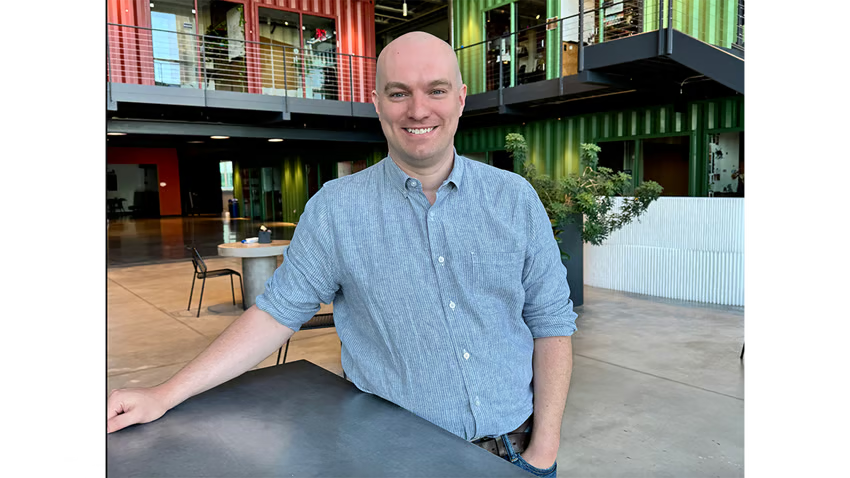
.avif)